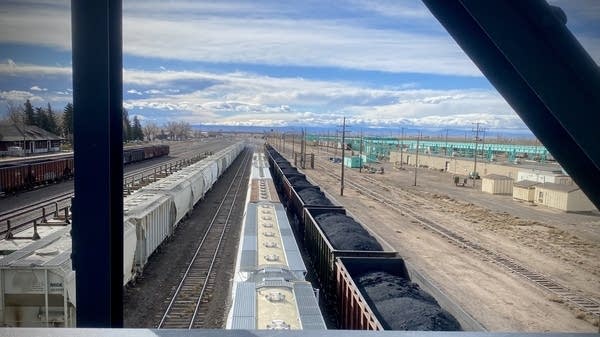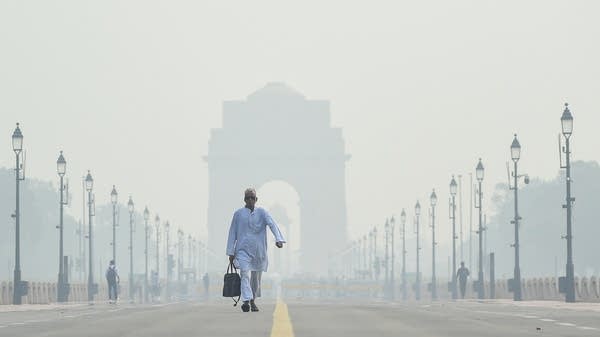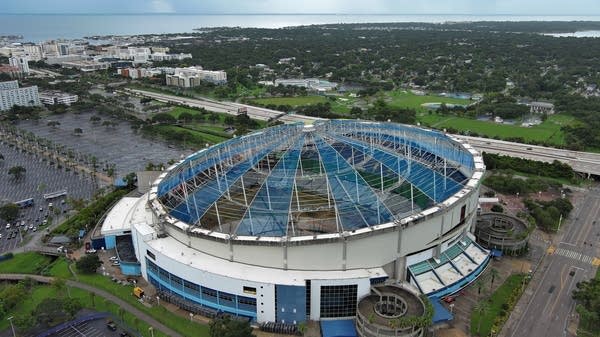Community "hub houses" offer support during disasters
A Houston nonprofit builds climate resilience, one house at a time.

Doris Brown used to park her car in the garage attached to her small, cream-colored house in northeast Houston, Texas, but these days there’s no room. The place is chock full of emergency supplies, neatly organized and labeled on shelves, from medical supplies and solar batteries, to sleeping bags and boxes of ready-to-eat meals.
“And the food is pretty good, because we tested it,” Brown said, laughing. “Especially the dessert back there.”
There’s even an inflatable kayak, in case of flooding.
Brown is co-director of West Street Recovery, a nonprofit disaster relief organization that works in historically neglected communities. Now 75, she started her activism as a teenager in the Civil Rights Movement. She decided to turn her home into a community hub, after Winter Storm Uri knocked out the power for millions of Texans in 2021.
“I almost froze to death here,” she said. “That's when West Street came up with the idea of a hub house right in your neighborhood.”
Now she has solar panels on the roof and a whole-house battery to keep the lights on when the grid fails. Neighbors can come take shelter from the elements and charge up their phones. She also keeps a roster of folks to check on who are home-bound or may need supplies delivered.
“We are kind of like boots on the ground,” Brown said. “After a disaster we are the first ones to hit the ground running.”
Brown’s hub house was put to use after a powerful derecho last May, followed by Hurricane Beryl just weeks later. She dispensed batteries, food, water and ice to people who had lost power.
She estimates each hub house costs between $15,000 and $30,000 to set up, funded by donations and grants. There are now eight of them around Houston, with plans to expand by a few each year. With climate change bringing more frequent and severe weather to the region, and a power grid that frequently fails, she said it’s just a matter of time before the next disaster.
“Eventually I would just like to see all neighborhoods getting a hub house ready,” she said, “because it's no longer ‘if,’ it's just ‘when’ now.”













